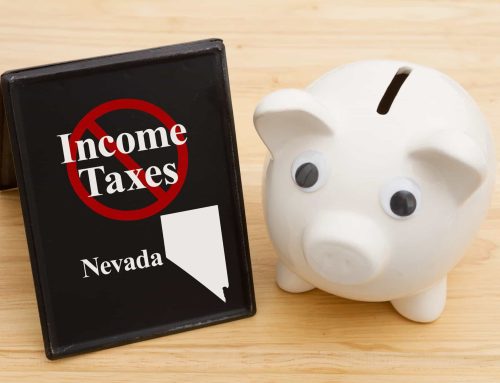Here’s The Real Deal.
The question keeps popping up: Is the Las Vegas real estate market on the edge of a crash?
It’s understandable—when headlines scream about rising rates, swelling inventory, or shifting buyer behavior, even the calmest homeowner or investor starts to wonder: Is this 2008 all over again?
Let me stop you right there: no, it’s not.
But that doesn’t mean the market hasn’t changed. In fact, it’s evolving—and if you know how to read the signs, you can make some seriously smart moves. Whether you’re thinking of buying, selling, or just trying to stay ahead of the curve, here’s what you need to know about where the Las Vegas real estate market stands in mid-2025.
This city isn’t crashing—it’s evolving.
I’ll guide you through every twist and turn—so you can move smart, not scared, no matter where the market heads.






